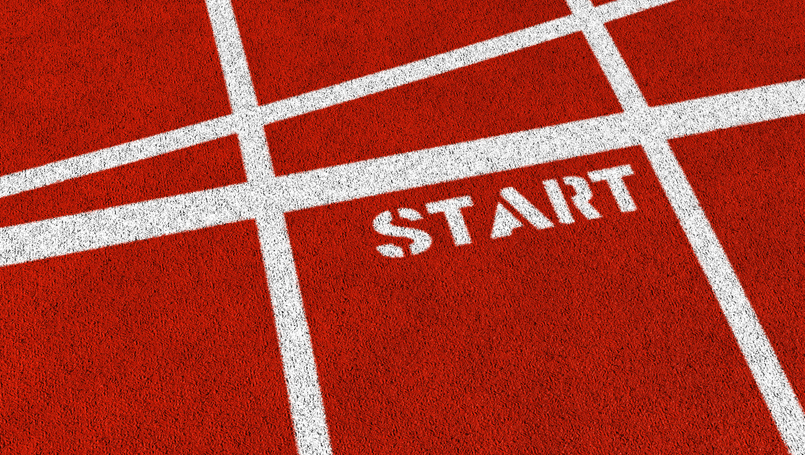
With more than 35 percent of adults being obese and more than 34 percent overweight, losing weight is a challenge many people face every day.
So, how do you know where to start? The internet is full of articles and videos that claim to deliver fast results, but how can you separate the fads from the facts?
If you have questions about losing weight, here’s a quick guide to get started:
DIET VS. EXERCISE
One thing to remember while trying to lose weight is to balance what you eat and your activity level.
“Most studies show that exercise alone isn’t enough when it comes to weight loss,” says Wendy Miller, M.D., head of Nutrition and Preventive Medicine at Beaumont. “You have to maintain both a healthy diet and a good amount of exercise to start seeing results.”
Dr. Miller suggests staying away from foods that are refined, or processed, such as crackers, chips, bread and sweets, as well as fried foods. Instead try to eat more vegetables, fruit, legumes, nuts, seeds and lean protein, such as fish or chicken. According to Dr. Miller, refined foods won’t fill you up as long as something healthier would, which could lead you to eat more.
When it comes to working out, Dr. Miller says to choose an exercise routine that you’re going to be able to stick with. If you’re trying to do something that’s not convenient for you, maintaining it will seem like a chore, and you’ll be more likely to stop all together.
Work towards accumulating 30 minutes or more of physical activity most days of the week. If you don’t have a 30-minute block of time, try breaking this up into two 15-minute sessions, or even three 10-minute sessions.
STAY HYDRATED
Drinking enough water is key to leading a healthier lifestyle. Dr. Miller says if you’re dehydrated, it may cause you to eat more than you normally would.
“Sometimes, people mistake dehydration for hunger, which can lead to eating more calories than needed,” she says. “Drinking enough water can ensure that doesn’t happen.”
A research study found that increasing water intake by three cups per day lowered the amount of calories people consumed each day. Additionally, drinking a full glass of water before each meal may decrease the amount of food you eat at mealtime.
The amount of water each individual needs on a daily basis can vary based on weight, activity level, climate, medical conditions and other factors. In general, Dr. Miller suggests a minimum of 64 ounces of water per day.
AGING AND WEIGHT LOSS
It’s important to realize that as we get older, we burn less calories, even if leading a semi-active lifestyle.
“As we age, our metabolism slows down,” says Dr. Miller. “So even though you might be maintaining the same physical activity level that you did in years past and your diet has not changed, you may find you are gaining weight.”
Even though you might be maintaining the same physical activity level...you may find you are gaining weight."
Dr. Miller
As our metabolism becomes slower with age, consuming less calories and/or increasing physical activity is required to prevent weight gain.
LIFESTYLE CHANGES DON'T HAPPEN OVERNIGHT
People often get discouraged because they aren’t seeing results as quickly as they’d like, but Dr. Miller says to stay the course.
“People often believe that they can go on a diet, lose weight and then go back to their current lifestyle,” she says. “Losing weight is a lifestyle change, and it doesn’t happen overnight.”
If you’re thinking about losing weight, but don’t know where to start or your best course of action, talk to your physician about your options.
